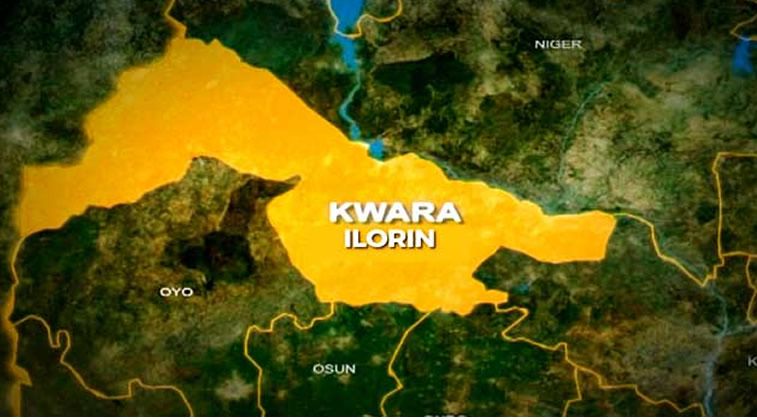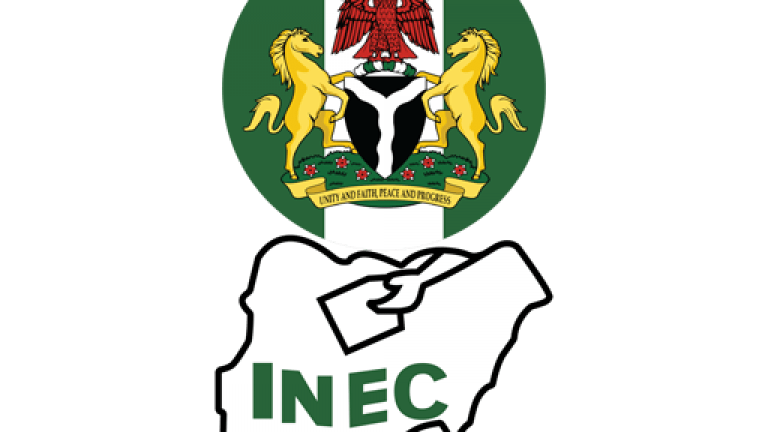

President of the Petroleum and Natural Gas Senior Staff Association of Nigeria (PENGASSAN), Festus Osifo, has welcomed the federal government’s suspension of the planned 15 per cent import duty on petroleum products, describing it as a strategic decision that protects consumers and supports local production
In an interview with ARISE NEWS on Thursday, Osifo explained that the decision was the result of sustained behind-the-scenes engagement rather than public protest. “Nigerians always expect us to be on the street shouting. We always say that for every single time we go on the street, there are ten or twenty decisions that we discuss on the table to the favour of the working class and also to the betterment of Nigerians,” he said.
Osifo outlined the potential impact of the proposed duty, noting that with local production at about 40 per cent of daily consumption, imposing a 15 per cent tax on imports would have significantly raised prices. “Today, the local economy and local production is at best about 40 per cent. That means we are bringing over 60 per cent into the country of our daily consumption. So, if 15 per cent was allowed to stand, that 15 per cent would have been on the imported product… as a result, you are going to have the price moving upward,” he said.
Highlighting the role of the Dangote Refinery, Osifo acknowledged the boost to domestic production but stressed that local output still accounts for only 35 to 40 per cent of national consumption. “If we were producing up to 90 per cent of our local consumption, the government could reduce even more than 15 per cent. But because of where we are today, the extra cost would be transferred to Nigerians.”
Osifo also explained the complexity of import duties in free trade zones. “I work in a free trade zone. You import products but you don’t pay tax. Once you are taking that product outside that free trade zone, you will pay import duty. Today, the question is: this product is in a free trade zone, so when you move PMS into the Nigerian economy, is it supposed to pay tax? The government finally realised that even in a free trade zone, when you are bringing the product into the country, you are expected to pay import duty.”
He also criticized the government for not fully considering the realities of the local energy sector before proposing the policy. “At this point, we know clearly how it was approved. But according to where we are today, the government is not listening. They are not listening where we are.
“We have listened to NECA, to Yasima, to one of Nigeria’s economies… But they are arguing. The reason we fought their argument was simply because today, energy is not the same thing as sugar. It is not the same thing as cement. Energy is not a need of the day; it is our production locally today. Because it takes time in the life of energy.”
Osifo also raised concerns about pension management in the oil and gas industry, calling for better protection for retirees. “When the pension system was established, there were companies that already had their pension system.
“Now they are trying to contribute to the oil and gas system… But we have other companies, like the former NAAWG, the former AG, for example, that don’t give the pensioners their pension. So what we did today, we brought out the stakeholders… We are going to come up with a communique early next week where we are going to engage the managers of the oil and gas industry and the managers of the pension funds in the oil and gas industry to do this,”he concluded.
Boluwatife Enome



